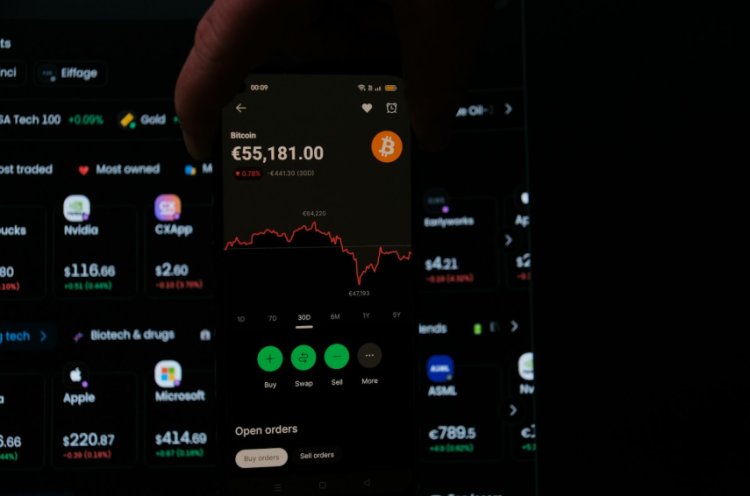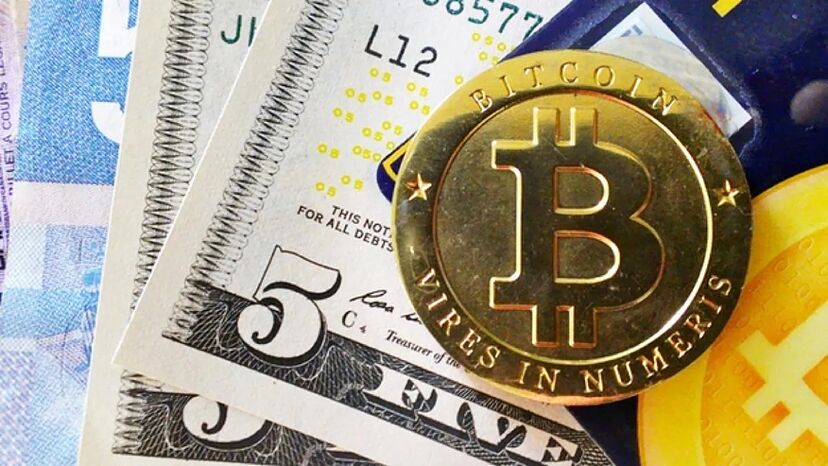How Younger Cambodians Are Learning to Trade Beyond Borders

A new generation in Cambodia is finding its way into the world of finance without ever setting foot inside a bank. For many, smartphones have become both classroom and trading floor. What began as curiosity about digital money has grown into small but confident steps toward cross-border investment. The shift feels quiet, yet its reach is growing. Among online groups and Telegram chats, conversations about coins and tokens now replace old talk about gold prices or real estate.
The country’s youth approach digital investing differently from their elders. They rarely start with large amounts. Instead, they test, observe, and adjust. University students, tech workers, and freelancers form study circles online, sharing screenshots of trades and lessons from mistakes. The process looks informal, yet it builds real understanding over time. It’s less about chasing instant profit and more about learning how global markets move. In this sense, crypto trading in Cambodia serves as both a gateway and a classroom for financial literacy.
The motivation often comes from exposure. Many young Cambodians follow influencers who discuss trading in English and Khmer, blending financial advice with social content. Others watch friends working overseas send remittances through digital wallets, sparking interest in borderless payments. These examples show that digital money isn’t abstract anymore it’s part of how modern life functions. For young people, participating in that system feels like catching up with the world rather than taking a wild risk.
Accessibility fuels this growth. Internet coverage has improved, and digital payment platforms are now common even in smaller cities. Apps make account setup simple, removing many of the barriers that once discouraged new investors. A student in Battambang or Kampot can now open a wallet, buy small tokens, and track performance in real time. Each success or failure turns into a learning story shared with friends. Over time, these shared stories create small communities bound by curiosity rather than competition.
Still, the excitement carries limits. Volatility is real, and not everyone has the resources to recover from losses. Some have learned the hard way that prices can fall faster than they rise. As a result, many now blend caution with ambition. They set personal limits, withdraw gains early, or diversify into more stable forms of saving. The emphasis on control shows how this generation learns through trial but rarely repeats the same mistakes twice.
Government voices have started entering the discussion too. Official statements remind the public about fraud and speculation, while financial educators push for better awareness. Schools haven’t yet adopted digital finance in their curriculum, but private workshops and online seminars are filling the gap. These initiatives signal recognition that understanding modern investment tools matters even if the system is still finding its footing.
The broader picture reveals something deeper: Cambodia’s youth are not just investing; they’re exploring global connectivity. By studying charts, reading global news, and testing international platforms, they gain exposure to financial systems far beyond national borders. The knowledge they collect may one day serve local industries that want to integrate blockchain or digital payments. For now, it remains a form of self-driven education that broadens both skill and confidence.
It might be too early to predict how big this movement will grow, yet the signs of cultural change are clear. The language of finance is no longer confined to banking halls; it’s spoken in chat groups, dorm rooms, and co-working spaces. Each small trade, each discussion thread, adds to a growing sense that the country’s financial identity is expanding outward.
Through persistence and peer learning, young Cambodians are quietly shaping their place in the global economy. Crypto trading in Cambodia may still face uncertainty and regulation gaps, but its impact on mindset is already visible. These early traders aren’t simply chasing returns they’re building fluency in a financial language that crosses borders, connecting Cambodia to a much wider world.
What's Your Reaction?
















